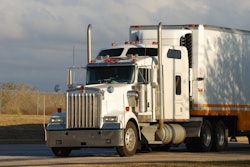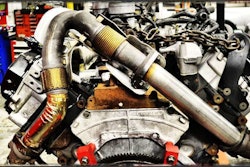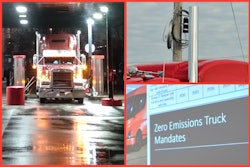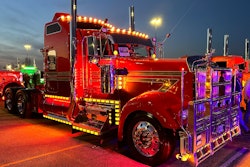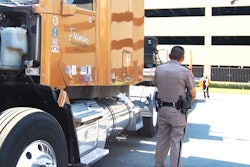The Environmental Protection Agency this week held virtual public hearings related to its Phase 3 greenhouse gas emissions standards for heavy-duty trucks, unveiled last month. Among the dozens who testified during the hearings, trucking industry stakeholders were part of a small minority advocating for EPA to take a step back and reconsider the proposed standards that would take effect beginning with model-year 2027 trucks.
Part of EPA’s proposal is to electrify 25% of new long-haul trucks by 2032, as well as 35% of new short-haul regional tractors and 50% of vocational vehicles. The proposal also reopens the “Phase 2” GHG emissions regs to make them more stringent for MY 2027 trucks, and promulgates new emissions standards beginning with the 2028 model year.
Numerous commenters in favor of stricter emissions regulations on heavy-duty trucks and buses called on EPA to finalize “the strongest possible final rule,” as was said by the American Lung Association’s Paul Billings, by the end of this year.
Many commenters even called on the agency to reevaluate the rule in favor of even stricter standards than those proposed. One such commenter -- Thomas Boylan, regulatory director for the Zero Emission Transportation Administration trade group of EV manufacturers and suppliers -- hoped EPA would “finalize by the end of 2023 standards that are stronger than those proposed,” adding that EVs are currently available in all medium- and heavy-duty truck classes. Some even urged EPA to adopt regulations as stringent as California’s Advanced Clean Fleet rule, approved by the California Air Resources Board just last week.
[Related: CARB playing hardball: Board votes to ban diesel sales in California in 2036]
Viewpoints from trucking and related groups, however, focused on infrastructure challenges when it comes to electric vehicle charging and/or fueling.



